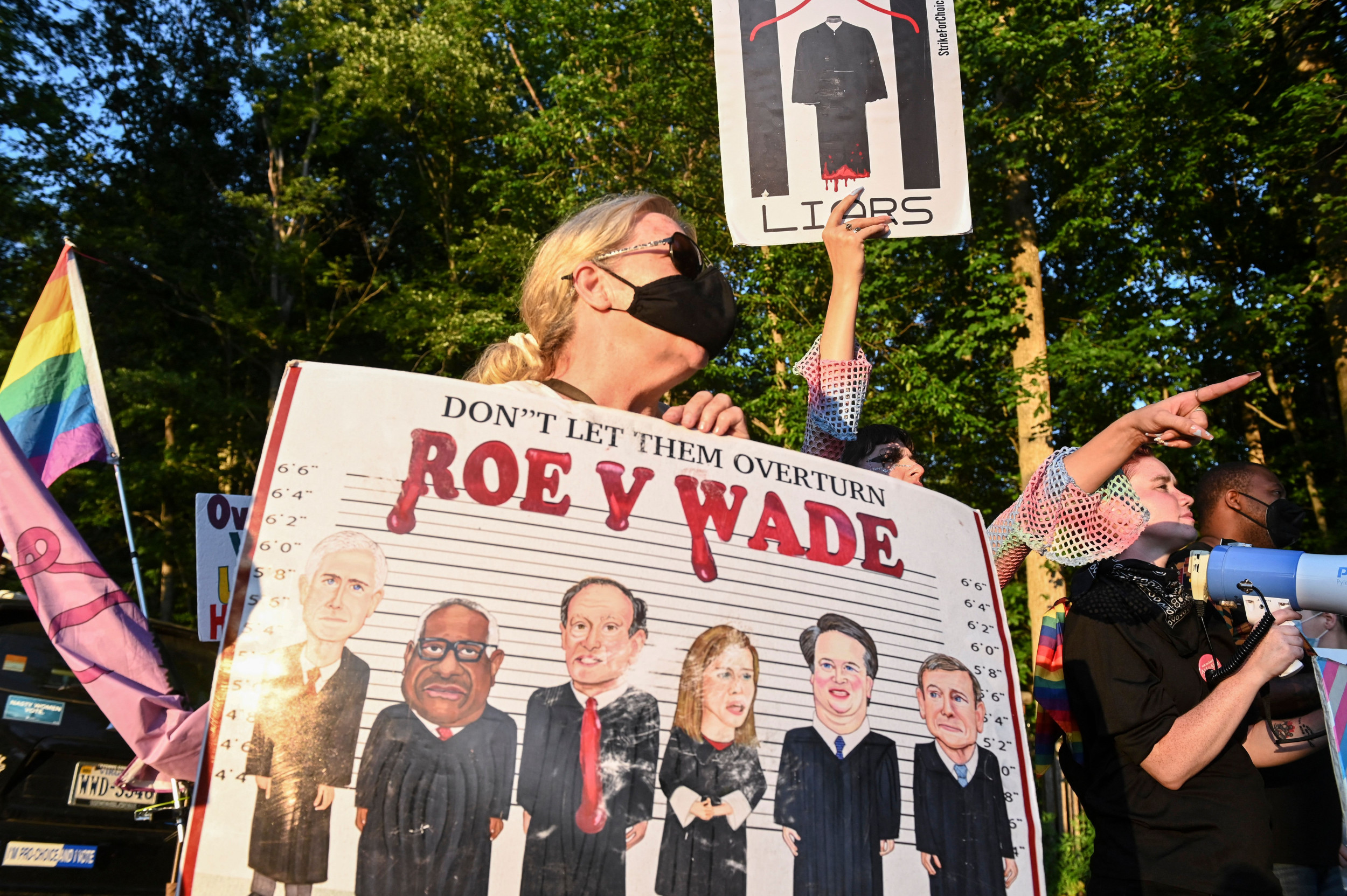True.Pretty sure this court would find in favor of anything the republicans want to do even if it contradicts their earlier opinions.
Just as the Court would likely strike down a Federal law codifying the right to privacy although Congress clearly has the authority to enact such a measure.
This would be yet another example of conservative hypocrisy, where conservatives claim that such matters should be decided by the people through their elected representatives, not the courts.



